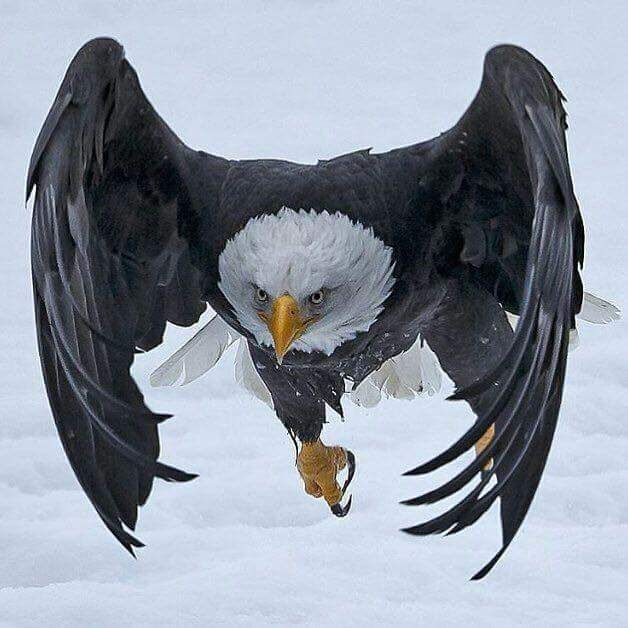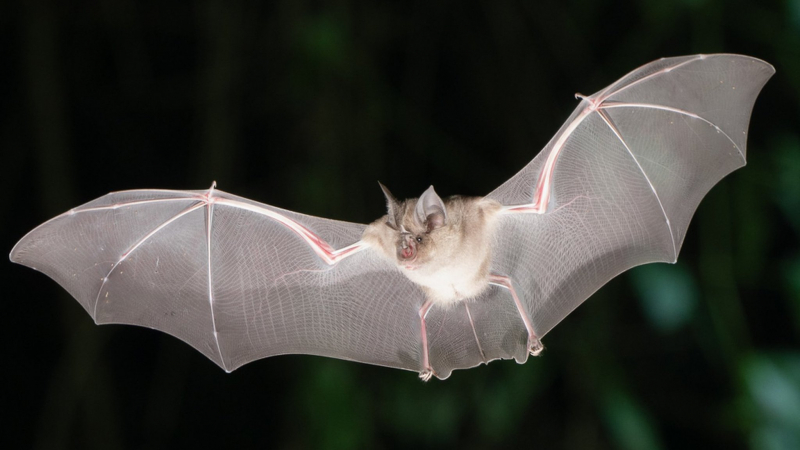Hawks
Hawks are opportunistic feeders and predators who will consume almost anything that is available. Given that hawks are predators and that bats are prey, it stands to reason that hawks would consume bats. The solution is not that easy, though. Hawks do consume bats, but they also consume tiny birds, insects, and rodents. Consequently, it depends on what the hawk is craving at the time. There's a strong probability that a hawk will turn the bat it finds while searching for food into a meal. But if a hawk is not looking for food, it’s less likely to eat a bat. Hawks are opportunistic predators, so they’ll usually go for the easiest prey that they can find. And since bats are small and quick, they’re not always the easiest prey to catch.
According to studies, hawks are exceptionally skilled at grabbing bats as they are flying. This is due, in part, to hawks' superior vision. Compared to most other animals, including humans, they have far better vision. Because of this, they can more easily see little prey, even when it is moving swiftly. Hawks also possess long, razor-sharp talons that are ideal for grabbing bats out of the air. Therefore, while bats may not be hawks' preferred prey, they are nevertheless not unheard of. Hawks come in a wide variety of varieties, however, not all of them consume bats. Generally, smaller hawks eat the smaller prey, and larger hawks eat larger prey. So, the type of hawk that eats bats is typically a larger hawk.







